Colorado is one of twenty-two states that do not have a government agency that establishes optician training, certification, or licensing requirements. These states generally leave the decision as to optician training and experience expectations for employers to decide. Because there are many types of employers in these states, it is fairly common to encounter a wide variety of optician knowledge and skill sets. Most optical employers in these states will elect to have new opticians trained by senior opticians.
Large optical employers that focus a lot on retail sales and office efficiency may only train opticians to sell product and perform minor adjustments; whereas, smaller boutique employers may require opticians to perform a comprehensive set of tasks. Opticians who have only received basic training may need to expand their understanding of the industry if they wish to work for a smaller optical business. The smaller optical employers may also encourage opticians to become certified by the American Board of Opticianry (ABO) and the National Contact Lens Examiners (NCLE). These organizations are nationally recognized as the standard for optician competence assessment and there are some important benefits that come with certification.
All opticians, regardless of where they work, should consider how voluntary certification can advance their careers. First, certified opticians typically receive higher starting salaries and better benefits. Credentialed opticians have demonstrated that they have a comprehensive understanding of the industry and require less training and support. Optical employers also value certification because they know that many customers prefer to be helped by individuals who they know are competent. Certified opticians are also an asset to an optical business because they can be used as a marketing advantage over the competition in an effort to attract and retain customers.
 Certified opticians also have more job opportunities because they can transfer their credentials to any state regardless of government requirements. This is important for opticians who decide to move to a regulated state at some point in their career. Prior certification often means that an optician can be licensed in a regulated state through reciprocity. Opticians who have no credentials may be required to complete a degree program, an apprenticeship, or the ABO and NCLE exams before being licensed.
Certified opticians also have more job opportunities because they can transfer their credentials to any state regardless of government requirements. This is important for opticians who decide to move to a regulated state at some point in their career. Prior certification often means that an optician can be licensed in a regulated state through reciprocity. Opticians who have no credentials may be required to complete a degree program, an apprenticeship, or the ABO and NCLE exams before being licensed.
State Optician Association:
State Association: Opticians Association of Colorado

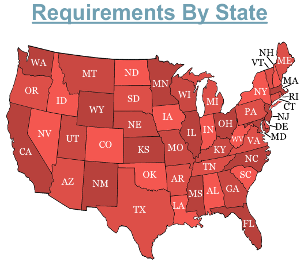

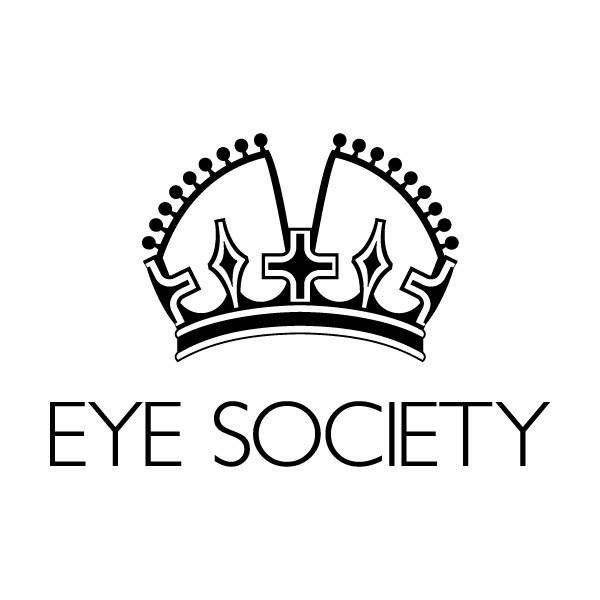

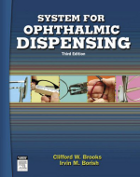
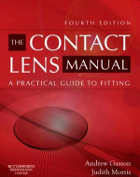
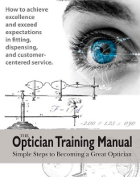

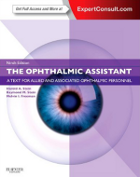
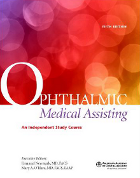
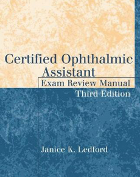
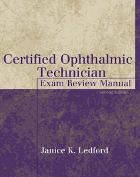
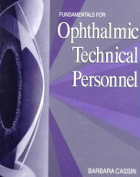
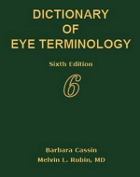
Hello,
Do you need to be currently working for an optical practice in order to take the ABO/NCLE certification exam?
Danny,
To be eligible you must be at least 18 years old and have a high school diploma or GED. While an opticianry degree and experience are not required, those who have both tend to perform better.
What does my Arizona state license do for me in Colorado?
Candis,
Colorado does not regulate the optician industry. Although you will not need a license to work in Colorado, some employers may offer you hiring preference since you have demonstrated competence in another state.
I would like to take the ABO Certification Exam this Spring. Can you give me the details?
Thanks,
John
John,
Details about the structure and topics covered on the exam can be found on our ABO Certification page. In addition, you can find and schedule your exam date on the ABO website. We generally recommend that test-takers prepare for the exam using the materials found on our training resources page.